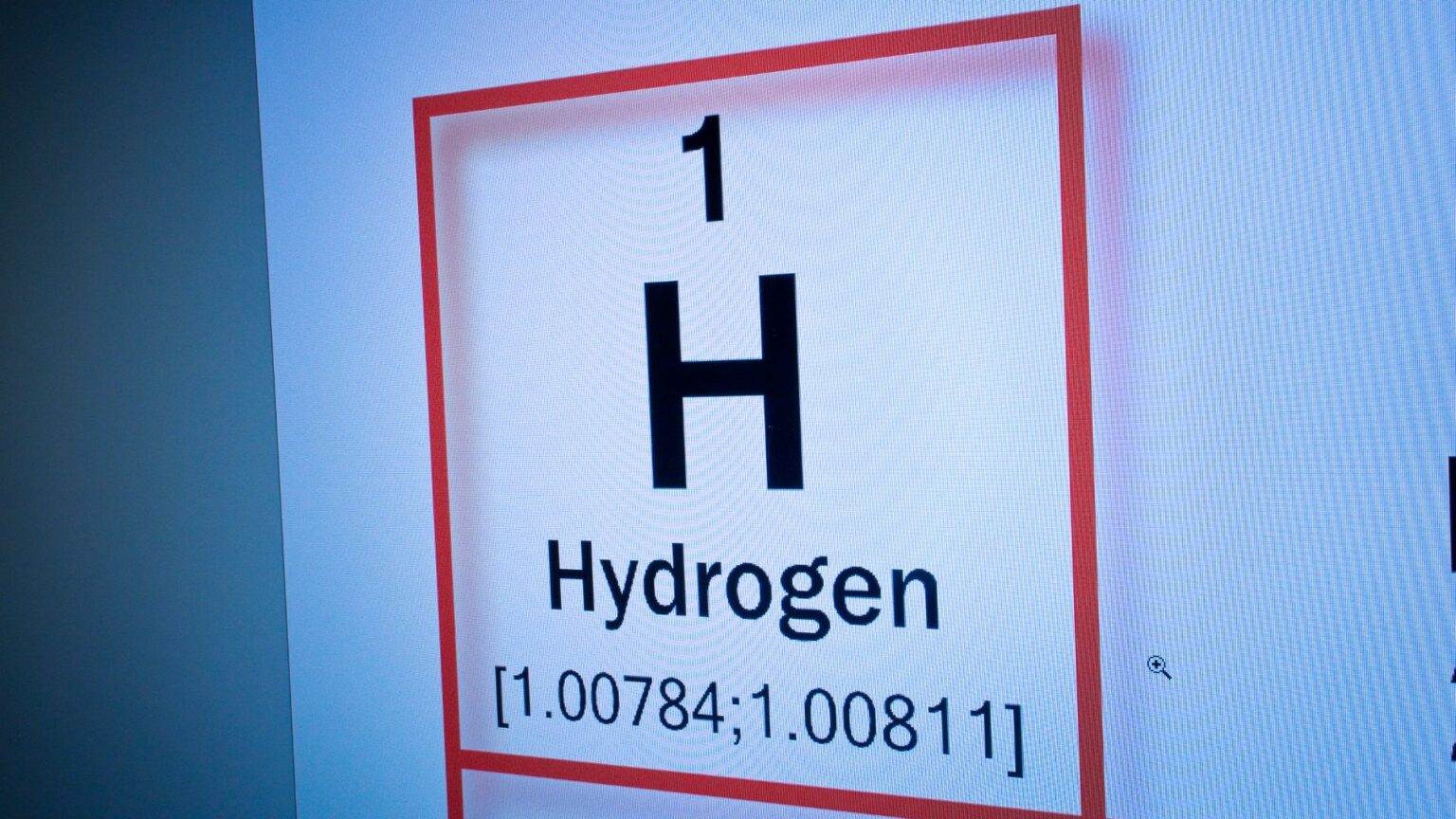Hydrogène de France (HDF) has initiated three Memorandums of Cooperation (MOCs) to establish Renewstable hydrogen power plants in Surigao del Norte, Agusan del Sur, and Zamboanga City in Mindanao.
These projects aim to enhance electricity reliability and bolster renewable energy adoption by converting intermittent wind and solar energy into green hydrogen.
HDF’s initiative involves generating electricity on demand from decarbonized hydrogen through its HyPower technology. This approach integrates wind and solar energy into the power grid, aiming for consistent and reliable electricity supply. The agreements include information-sharing, stakeholder coordination, and technical validation, which are critical for the planning and development stages.
HDF’s projects align with broader industry trends towards renewable energy and sustainability. However, it is essential to critically assess these initiatives against industry benchmarks. While the projects promise to address power reliability and renewable integration, the feasibility and long-term sustainability of hydrogen power plants remain areas for scrutiny. HDF’s reliance on solar power, deemed “100% clean,” is promising, yet the practical challenges of large-scale implementation and integration into the existing grid need careful evaluation.
MinDA Secretary Magno hailed the projects as a national accomplishment. Yet, the success of these initiatives depends on overcoming technical and logistical hurdles. The involvement of local stakeholders and the alignment with provincial growth plans are positive steps. However, the ultimate impact on reducing power outages and stabilizing energy costs will be the true measure of success.





